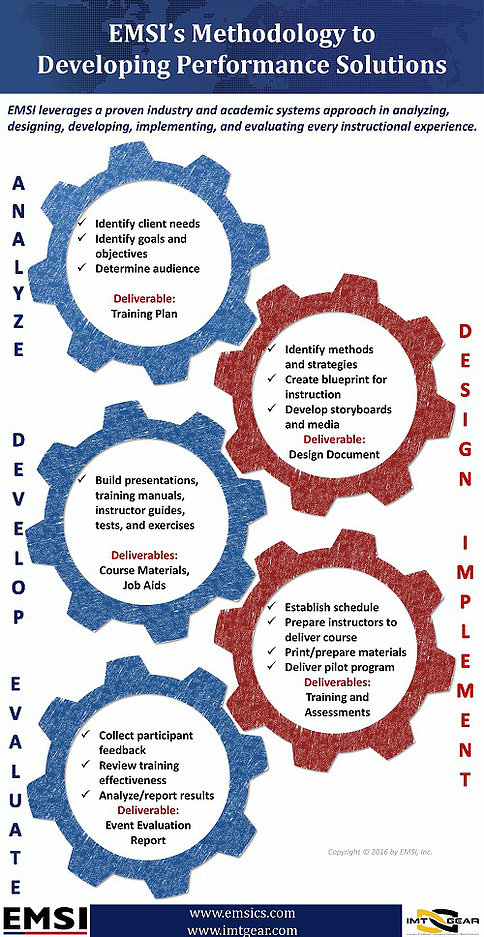
Traditionally thought of as critical resources in nuclear and radiological incident response, qualified and experienced radiological response subject matter experts are rare during such high-risk response operations. Addressing this shortfall, a recent federal initiative in partnership with some state and local governments and non-governmental organizations is offering a Radiological Operations Support Specialist (ROSS) Program to help mitigate this gap.
The ROSS initiative is led by the Federal Emergency Management Agency (FEMA) in coordination with the Department of Homeland Security’s Science and Technology Directorate (DHS S&T), the Department of Energy (DOE) National Nuclear Security Administration (NNSA), and the Conference of Radiation Control Program Directors (CRCPD). The initiative arose out of a working group associated with the FEMA Improvised Nuclear Device (IND) Response and Recovery Forum that was trying to address the challenge associated with characterizing and assessing the complexity and extent of a nuclear or radiological incident and then being able to communicate that information to Incident Commanders and decision-makers. The recommendation was to identify radiological subject matter experts from non-traditional response organizations (public health, environmental, industry, academia, etc.) and integrate them into the response organization from field-level Incident Command Posts (ICPs) to Emergency Operations Centers (EOCs) at various levels of government to provide radiological response expertise and support to decision-making.
Since 2011, EMSI has supported various ROSS initiatives and has been involved in every ROSS exercise during the period, including the Vibrant Response exercise series and Southern Exposure. In 2015, in coordination with Brookhaven National Laboratory, EMSI developed two job aids for the ROSS program: an initial response job aid and an ICS planning process job aid. As part of the Implement Phase under the ADDIE model, EMSI participated in the 40-hour ROSS pilot course in Baltimore this past week. This course was primarily developed by DHS S&T and Lawrence Livermore National Laboratory with considerable contributions from EMSI’s expert cadre. Moving forward, EMSI will continue to support this important initiative by updating previously developed job aids and crafting new job aids, supporting training efforts, and assisting with exercise design and evaluation for ROSS exercises. In 2017, EMSI will develop another job aid for a ROSS that focuses on the EOC.
EMSI’s vast experience in complex incident management and hazardous materials response has helped inform some of the advanced incident management approaches to chemical, biological, radiological, and nuclear (CBRN) incident management. EMSI personnel have been involved in the management of several complex hazardous materials incidents, including Anthrax at the Capital (2001), the oil and hazardous materials response following Hurricanes Katrina and Rita (2005), the Deepwater Horizon oil spill (2010), the Fukushima Daiichi Nuclear Disaster (2011), and the oil and hazardous materials response following Hurricane Sandy (2012).
EMSI has provided ICS and incident management training and support to DOE/NNSA and the radiological response community for nearly ten years and routinely provides support to DOE/NNSA exercises. Contact us to learn more about EMSI training and preparedness services.

